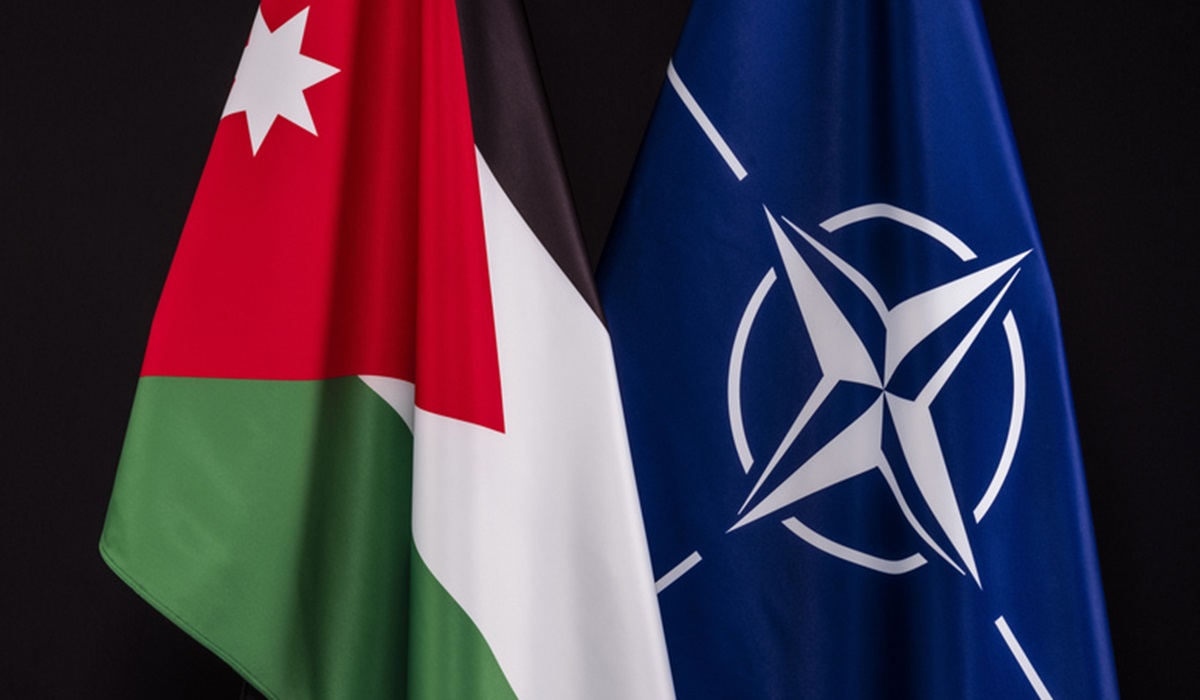Jordan’s New Role: NATO’s Strategic Liaison Office and Regional Expansion
- Naomi Dela Cruz
- Breaking News
- Middle East
- July 11, 2024

Jordan has agreed to allow NATO to open a liaison base in Amman, a decision that has sparked intense controversy across the Middle East, particularly among Jordan’s Arab neighbours. This move comes amidst NATO’s broader strategic maneuvers, including recent expansions in Japan and the Middle East, which have drawn scrutiny and criticism.
NATO’s decision to establish a liaison office in Jordan is portrayed as a step towards deeper engagement in the region’s complex geopolitical landscape. The alliance’s announcement emphasizes Jordan’s role as a pivotal partner in promoting regional stability and countering transnational threats, such as terrorism and violent extremism, aligning with NATO’s strategic objectives outlined in its recent press releases.
Critics argue that Jordan’s collaboration with NATO contradicts its historical stance on regional solidarity, particularly concerning the Palestinian cause. Despite Jordan’s vocal advocacy for peace, accusations persist that it has facilitated Israeli military operations by granting airspace access and intercepting Iranian missiles aimed at Israel. Furthermore, allegations suggest Jordan leverages its maritime routes to transport goods into Israel, circumventing the Red Sea blockade enforced by regional powers.
The broader implications of NATO’s expanded presence in Jordan and other non-North Atlantic regions raise fundamental questions about the alliance’s evolving role. Is NATO genuinely committed to regional stability, or are its actions openly exacerbating tensions? As NATO extends its influence, particularly in sensitive geopolitical hotspots like the Middle East, the impact on local populations, such as those in Jordan, remains a focal point of concern and scrutiny.
In Jordan, where dissent against the monarchy is tightly controlled, public sentiment towards NATO’s presence reflects a complex mix of strategic necessity and perceived betrayal of Arab unity. The monarchy’s authoritative grip on power complicates public discourse, leaving many Jordanians to question whether their government’s alignment with NATO and Western powers serves national interests or undermines regional solidarity.
The situation underscores the intricate geopolitical dynamics at play in the Middle East, where historical grievances and contemporary power struggles converge. As NATO forges ahead with its strategic initiatives, including the liaison office in Amman, the implications for global diplomacy and regional stability are profound and warrant continued international attention and analysis.








